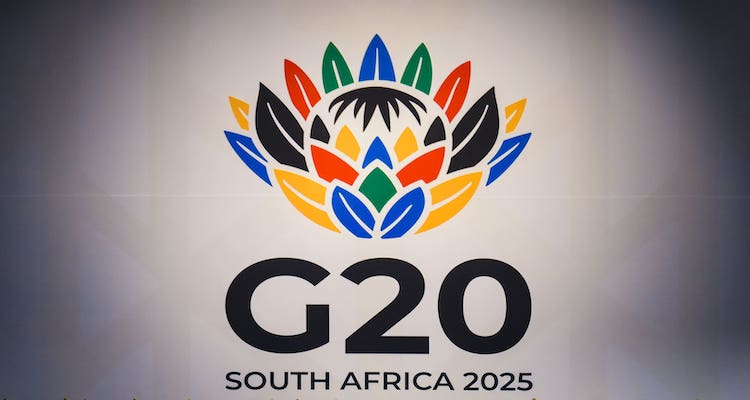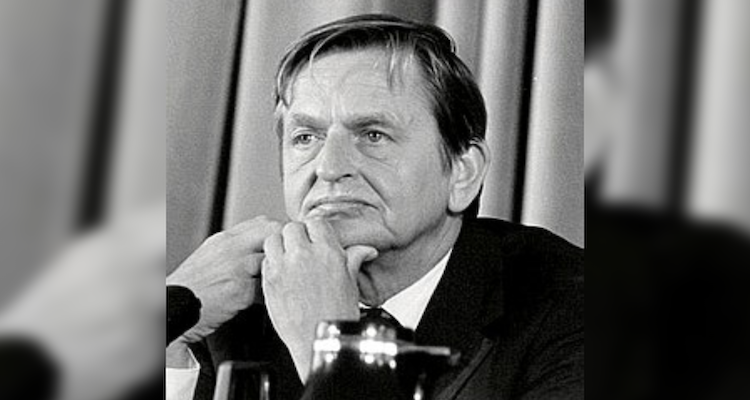G20 Draft Deal Moves Ahead as U.S. Stands Apart

G20 negotiators finalize a draft declaration without U.S. involvement as Washington boycotts the Johannesburg summit over disputes with South Africa’s agenda.
A Summit Moving Forward Without Washington
Global envoys have pushed ahead with a draft declaration for this weekend’s G20 summit in Johannesburg, despite the conspicuous absence of the United States, whose refusal to participate has added tension to an already fraught gathering. According to multiple people familiar with the negotiations, the document was finalized without any U.S. input, marking a rare departure from the usual consensus-driven process that has defined past summits.
A Boycott Years in the Making
The U.S. decision to skip the November 22–23 meeting stems from longstanding disagreements between the Trump administration and the South African hosts. President Donald Trump had said he would forgo attending the first G20 summit held on African soil, leaning on disproven claims that South Africa’s Black-led government mistreats its white minority. Those assertions have been widely debunked by experts, human-rights organizations, and South African officials.
But the political friction extends further. Washington has pushed back against South Africa’s intention to center the summit on global solidarity and support for developing nations, particularly those grappling with escalating climate disasters, rising debt burdens, and the costly transition to cleaner energy.
Climate Language Defies U.S. Opposition
Despite American objections, negotiators from the other G20 nations confirmed that the draft declaration contains references to climate change an issue the Trump administration has repeatedly resisted in international agreements. One official familiar with the text said the climate provisions remain intact, though details of the final wording were not disclosed.
The lack of U.S. participation had originally raised fears the summit might fail to produce any unified statement. For years, G20 declarations have required full consensus, meaning even one dissenting voice could derail publication. But African and European diplomats signaled early in the week that abandoning the climate agenda was not an option.
Expert Insight & Diplomatic Reaction
White House: Draft Is a “Break From Tradition”
The Trump administration reacted sharply to reports that the draft would proceed without Washington’s sign-off. A senior U.S. official argued that the move undermined the forum’s long-standing commitment to consensus, calling South Africa’s position “shameful” and accusing the hosts of disregarding repeated U.S. objections.
Analysts See an Opening for the Host Nation
Yet some analysts say the standoff provides South Africa with an unusual opportunity: the chance to shape global priorities without America’s influence overshadowing the process. Diplomats who have monitored the negotiations argue that the host nation’s determination to center climate action, even amid pushback sends a clear message about Africa’s broader expectations from global powers.
South Africa’s agenda reflects urgent priorities across the developing world. Three of its four top proposals, disaster readiness, green-energy financing, and ensuring equitable benefits from the extraction of critical minerals are anchored in climate-related challenges. None of these issues can be disentangled from broader global economic risks.
A Summit with High Stakes
The Climate Debate Won’t Wait for Approval
If the final leaders’ declaration is adopted, it would underscore a moment of global defiance toward Washington’s stance on climate diplomacy. It could also deepen the divide between the U.S. and other major economies ahead of America’s turn to host the G20 in 2026.
Uncertain U.S. Engagement Going Forward
President Cyril Ramaphosa has suggested there were ongoing discussions with the U.S. about participation, even hinting earlier that Washington might revisit its decision. But the White House quickly rejected that interpretation, saying only the U.S. chargé d’affaires would attend the summit’s handover ceremony. South Africa’s presidency declined the offer, insisting that the symbolic empty seat reflects a broader withdrawal by Washington from global cooperation.
A Potential Shift in the G20’s Power Dynamics
If the final declaration moves ahead without U.S. endorsement, it could mark a rare and possibly precedent-setting moment where the remaining members choose to move forward collectively rather than allow a boycott to stall progress. That scenario would raise questions about whether the G20’s consensus model will evolve in an era of growing geopolitical fragmentation.
A Divided Summit with Global Consequences
As Johannesburg prepares to host world leaders, the G20 faces a defining test: whether it can maintain relevance and unity in a moment when one of its most influential members is choosing to sit out. The summit’s final declaration, if released will reveal how far the international community is willing to go in pursuing cooperative climate action without Washington at the table.
Whether this becomes a turning point or a temporary rupture will depend heavily on what happens after the delegates leave Johannesburg and how the U.S. engages when it hosts the G20 two years from now.
ALSO READ: Supreme Court Rejects ‘Deemed Assent’ Concept, Upholds Governor and President’s Discretion on Bills










